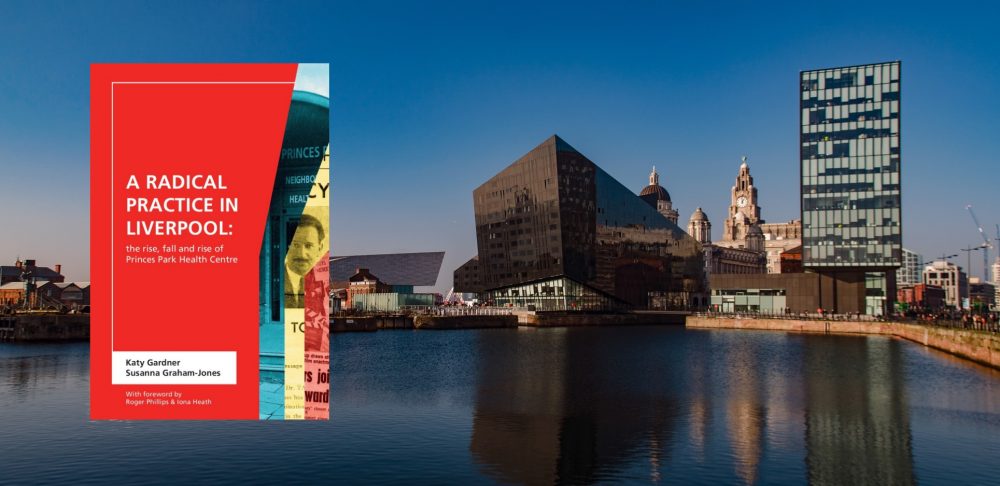 Christopher Dowrick is a GP in Liverpool and Chair of the WONCA Working Party for Mental Health. He has recently retired as Professor of Primary Medical Care at the University of Liverpool. He is on Twitter: @cfd1951
Christopher Dowrick is a GP in Liverpool and Chair of the WONCA Working Party for Mental Health. He has recently retired as Professor of Primary Medical Care at the University of Liverpool. He is on Twitter: @cfd1951
Princes Park Health Centre has an iconic status within the health economy of Merseyside. Founded in 1977 by Cyril Taylor, it was set up as an explicitly socialist practice in a deprived inner-city area. The practice team, including both the authors of this book, had a strong awareness of the political elements of health and health care, and an abiding determination to serve the full range of needs of their patient population. At the political level they were active in the regeneration of Toxteth after the 1981 riots, understanding campaigning and advocacy as integral to their work.
They demonstrated a wholehearted commitment to engagement with patients and local community groups.
In 1998 all the practice staff, including the GPs, became salaried employees of a local community trust. Salaried practice had long been an aspiration of left-leaning GPs, and to begin with it provided benefits in terms of a greater focus on patient care. However salaried practice is crucially dependent for success on supportive management structures. In the late 2000s and early 2010s there were major problems at this level, adversely affecting staff morale and turnover, and hence reducing the quality of patient care. But Princes Park’s longstanding commitment to community and patient participation paid off at this point, with a strong demonstration of local support being a crucial element in its successful takeover by a local multi-practice organisation led by a GP who was a former trainee at the practice.
It also offers a microcosm of the many changes that have affected our society in general, and the NHS in particular.
This book is not just a history one highly influential practice. It also offers a microcosm of the many changes that have affected our society in general, and the NHS in particular, during the past half-century. And it is a timely reminder that, while GPs can and should be agents for change, aspiring to have impact at the political level, we are operating within political structures which can threaten and overwhelm us. We need to act cooperatively to have hope of survival and flourishing in these uncertain times.
Featured book
Katy Gardner & Susanna Graham Jones. A Radical Practice in Liverpool: the rise, fall and rise of Princes Park Health Centre. Pub: Liverpool, Writing on the Wall. 2021. 268 pages. ISBN 13: 9781910580561
Featured photo by Atanas Paskalev on Unsplash






